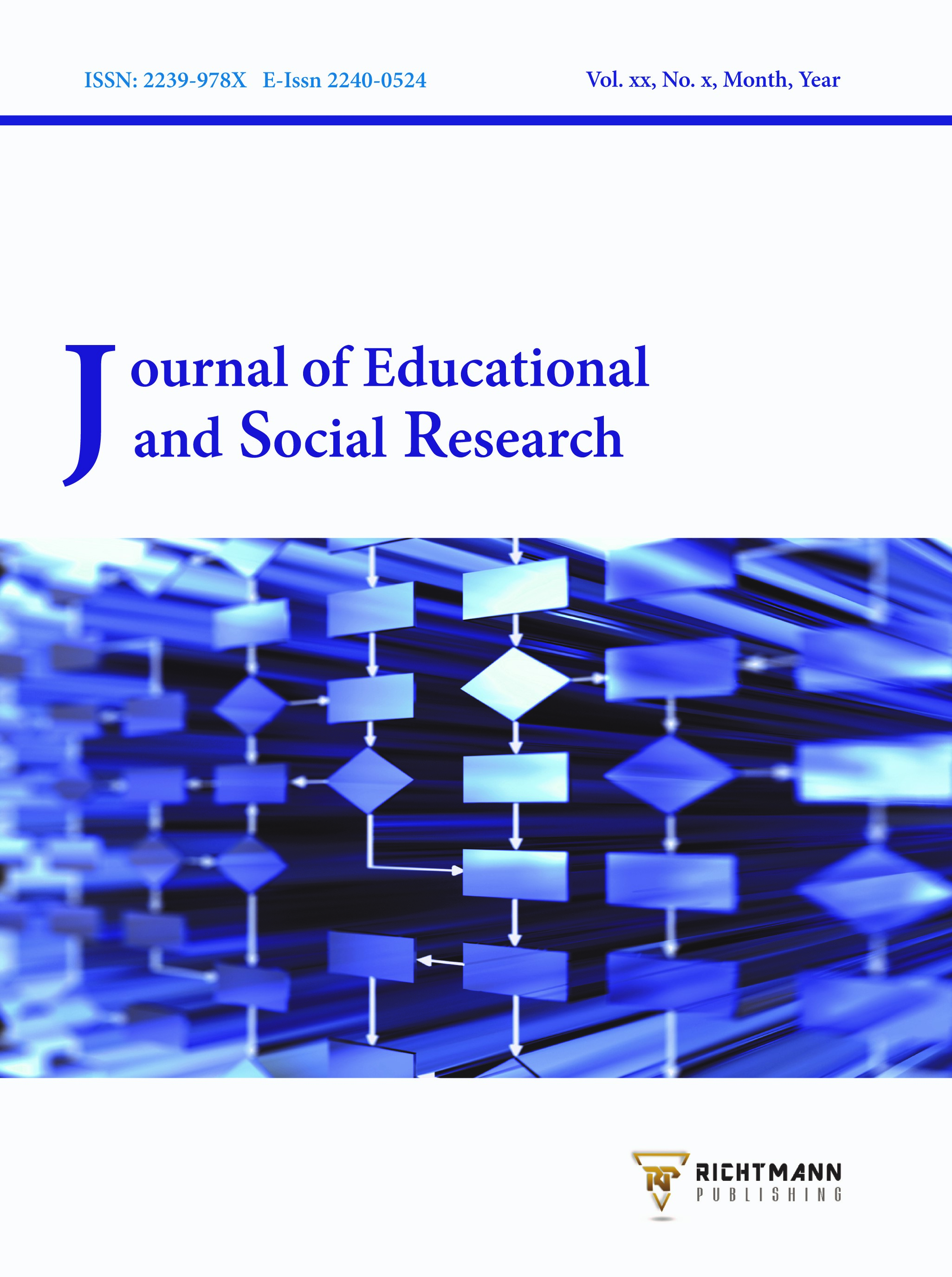The Impact of Critical Thinking on How Learning Outcomes are Evaluated in Primary Schools
DOI:
https://doi.org/10.36941/jesr-2023-0110Keywords:
critical thinking, formative assessment, motivation of students active learning, students, teachersAbstract
It is a challenging but crucial pedagogical task to assess students' progress in lessons and other educational activities they develop at school. Teachers can effectively inspire their students to actively acquire teaching knowledge by engaging in these activities. In this study, we compare the philosophical approach of Critical Thinking to current school practices to see how it affects how students' learning outcomes are evaluated. To fight our assessment hypothesis that the conclusive thinking innovative system has also additionally fostered the data assessment part, we similarly took the appraisals of teachers and students from ordinary and contemporary schools. The SPSS program was used to process the survey data, which we then presented in various tables as percentages in the paper. Execution of this preparation program in schools of the Gjakova Area emphatically affects further developing practices for surveying understudies' information and further developing their learning results. When compared to students and teachers in traditional schools, the results of our study indicate that students and teachers in critical-thinking schools have more favorable opinions regarding various methods and strategies for assessing student knowledge.
Received: 10 March 2023 / Accepted: 19 June 2023 / Published: 5 July 2023
Downloads
Downloads
Published
Issue
Section
License

This work is licensed under a Creative Commons Attribution-NonCommercial 4.0 International License.
This work is licensed under a Creative Commons Attribution-NonCommercial 4.0 International License.









